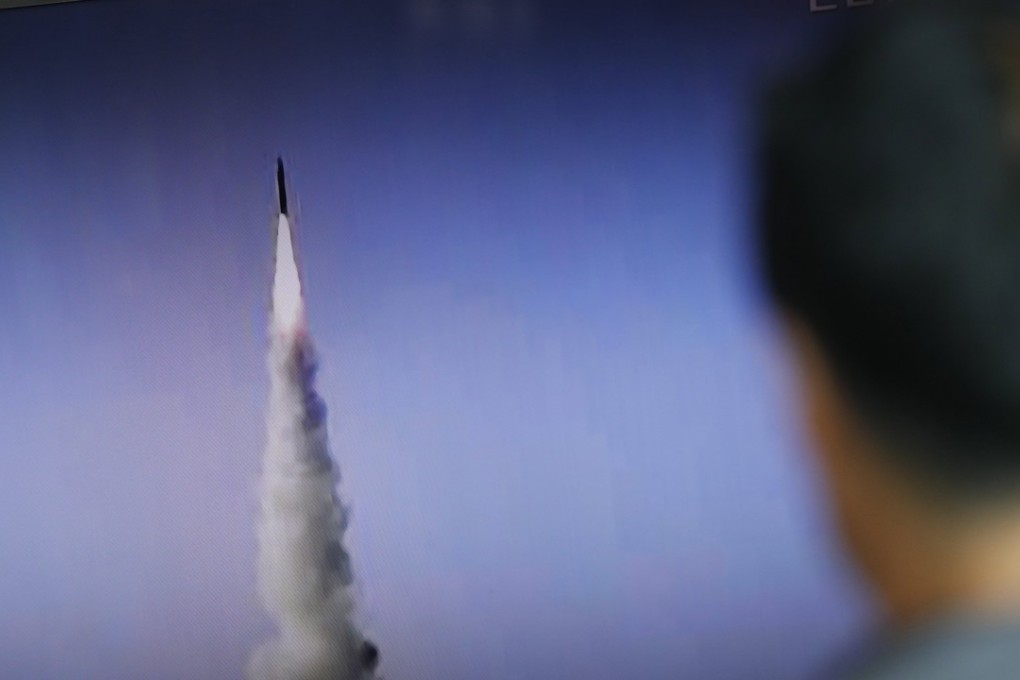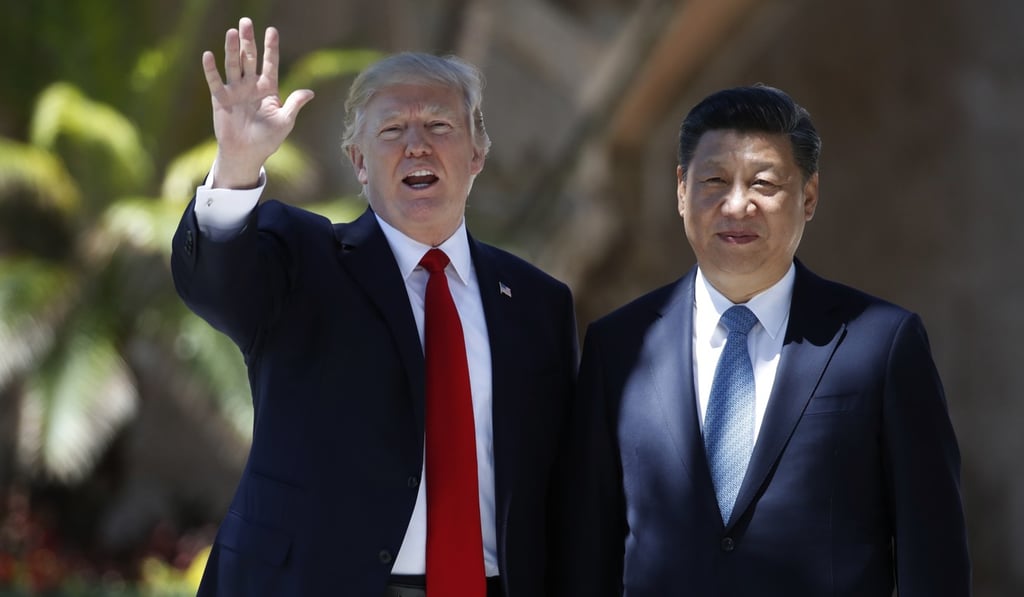China ‘won’t back further measures to rein in North Korea’
A Beijing think tank delegation in New York says China has ‘limited reach’ in pushing Pyongyang

China will not support using more sanctions to further pressure North Korea into halting its nuclear weapons programme, a Chinese government-linked think tank was quoted as saying.
The message was delivered by a Beijing delegation attending a meeting this week with members of the National Committee on American Foreign Policy in New York, according to Stephen Noerper, a senior director at the New York-based Korea Society and a former senior analyst in the US Department of State.
“They feel that China has been doing its maximum and the US shouldn’t expect too much more,” added Noerper, who said he attended the meeting between delegates of the Chinese Institutes of Contemporary International Relations and the US think tank.

The institute is based in Beijing and conducts research on behalf of various Chinese government departments. The National Committee is a non-profit policy think tank in the US.
The unofficial dialogue between the two groups followed an emergency UN Security Council meeting on North Korea on Tuesday, during which China apparently balked at the idea of additional measures aimed at halting what analysts suspect is Pyongyang’s effort to develop nuclear weapons.
China’s ambassador to the UN, Liu Jieyi, appeared to call for a dialogue with the North Korean government before further sanctions or other measures are applied against its neighbour, saying to reporters: “We don’t see why dialogue cannot take place in the current situation.”